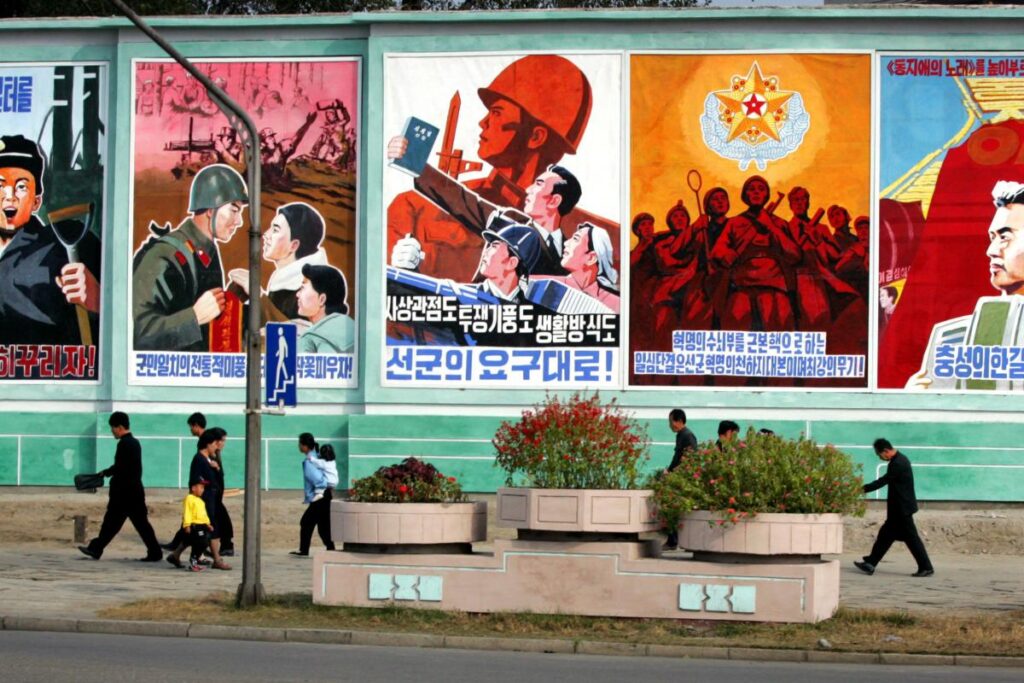
North Korea is often referred to as one of the most isolated and repressive countries in the world. In this totalitarian regime, the government exerts complete control over every aspect of citizens’ lives, including their access to information and communication media. This article will explore the restrictions on free use of the internet and communication media in North Korea and how its citizens obtain information.
The North Korean government strictly controls internet access within the country, with only a select few individuals having access to the global network. The government also closely monitors all internet activity and prohibits citizens from accessing any websites deemed harmful to the state or containing content critical of the regime. In addition, the government censors all email correspondence, and citizens are forbidden from using foreign email services.
To further restrict the flow of information, North Korea also heavily regulates communication media such as radio and television. The government owns and operates all media outlets and tightly controls the content that is broadcasted. Citizens can only receive news and information from the state-run Korean Central News Agency (KCNA), which is known for its propaganda and biased reporting in favor of the regime.
As a result of these restrictions, North Koreans are deprived of the ability to freely communicate and access information from outside of the country. However, despite these measures, many citizens still find ways to obtain news and information from foreign sources. One way North Koreans access information is through smuggled foreign media. DVDs, USB drives, and other digital media are commonly smuggled into the country from China and South Korea. These media sources often contain news reports and other information that is critical of the regime and provides a more accurate representation of events happening outside of North Korea.
Another method of obtaining information is through the use of illegal radios and televisions. Citizens who own these devices can tune into foreign broadcasts, such as those from South Korea, which provide a different perspective on events than what is presented by the state-run media.
In recent years, advancements in technology have also allowed North Koreans to access information through mobile phones. While the government heavily regulates the use of mobile phones, individuals are still able to download foreign news applications and connect with others outside of the country through social media platforms.
Despite these efforts to obtain information and communicate with the outside world, North Koreans who are caught accessing or sharing unauthorized content face severe punishment. Those caught distributing foreign media can face long-term imprisonment or even execution. The government has also been known to punish the family members of those accused of such crimes.
In conclusion, the restrictions on free use of the internet and communication media in North Korea represent a significant violation of human rights. The government’s strict control over information flow prevents citizens from learning about events beyond their borders and limits their ability to communicate with the outside world. Despite these restrictions, many North Koreans continue to find ways to access information and connect with the world beyond their borders, often at great personal risk. It is crucial for the international community to recognize and address these violations of basic human rights to ensure that all individuals have the freedom to access information and communicate freely.
